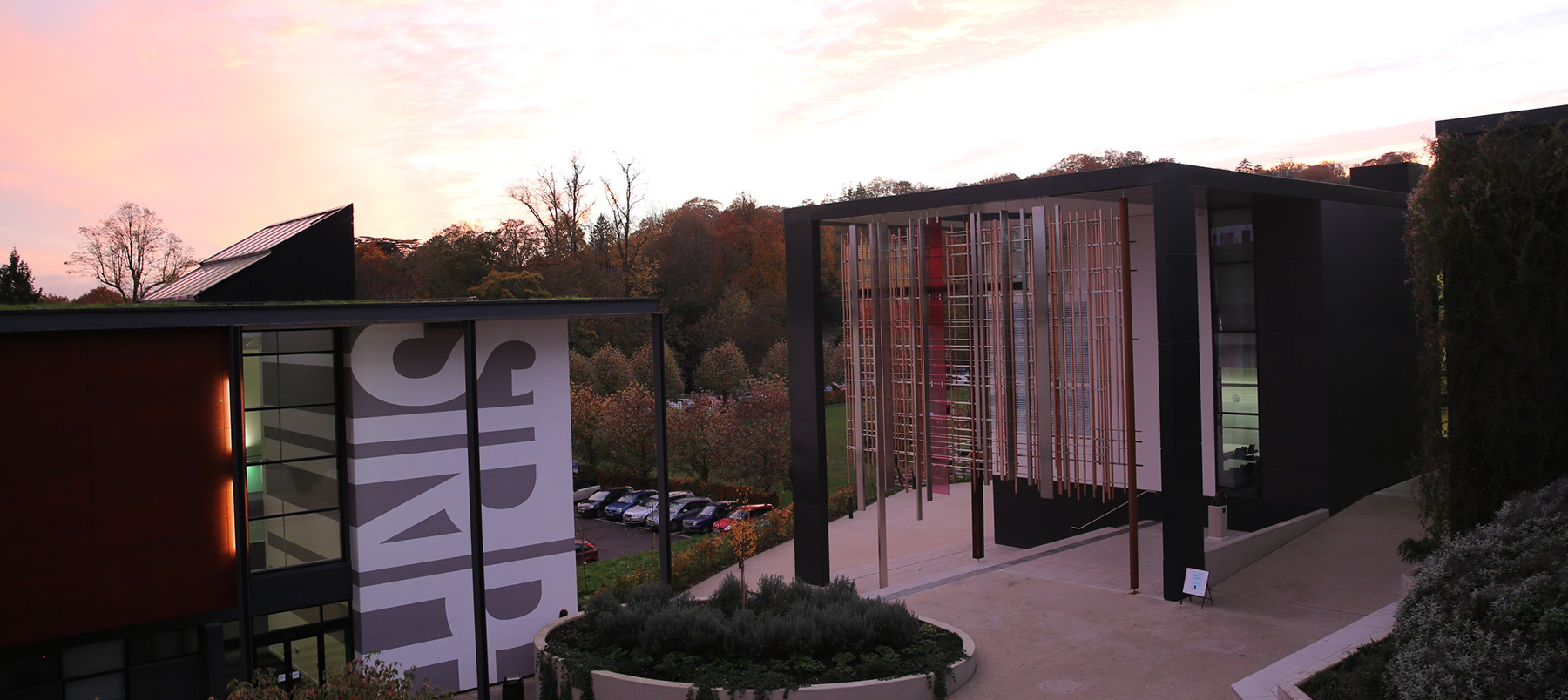
A drama graduate of King Alfred’s College, Vanessa has worked for the majority of UK children’s TV broadcasters across a diverse variety of shows as a writer, script editor and producer, including five years on the Basil Brush Show (she says there isn’t a ‘boom boom’ joke she hasn’t heard).
Following a presentation at this year’s Winchester Writers’ Festival, she spoke about her career and gave an insight into writing scripts for an audience with the best imaginations in the world.
Well, originally I wanted to become a Shakespearean actress! But I started out in clowning and then I went into children’s theatre and did some very poorly paid jobs. I even worked in the children’s theatre at Butlin’s in Pwllheli in north Wales which has now closed down – and it rained the entire season!
I won an audition to be a presenter on a new BBC children’s programme called Playdays and worked on that for seven years. I worked on Thursdays which was the Patch Stop and I went all over the country, finding a patch of ground with my little ragdoll friend called Peggy Patch. I started writing when the producer asked me to write sections of the show and I also wrote for the Playdays magazine and some of the books. That really fired my passion for writing.
What are the challenges of writing for pre-school children?
There is a long list actually! You’re writing for an audience with the best imagination in the world and as an adult you’ve got to find and understand that imagination. And it’s quite hard. You think you’ve got a great imagination – but you talk to a four-year-old and they’ve got a perfect imagination. And for them it’s real as well, they live this, and our characters are all real to them.
Plus they have limited experiences so you must never assume knowledge. They have limited vocabulary, they have imitative behaviour, you’ve got to be careful about the compliance side of things and demonstrating things. So there are quite a lot of pitfalls. You also need to keep it simple: often new writers get very complicated with what they’re trying to do whereas you just need one simple idea.
There are a lot of positives as well. It’s really rewarding that you could maybe one day inspire some greatness in somebody which is lovely. It’s also fun just to watch. We show the programmes we make to groups of children to test whether they work and it’s great watching them and their reactions. And it’s funny you know, if a character on the screen waves, they wave back. It’s real for them.
What goes into turning an idea for a children’s TV show into the final programme shown on TV?
Some programmes can be in development for three years or so: it depends what else in in development, what other companies are making, what’s already on air and where the commissioning editor wants to go with the channel. Some of them prefer comedy, others live action drama, so they will slightly skew what they’re commissioning.
Obviously on CBeebies we like to have a variety of programming. But if you’ve got an idea, CBeebies has an in-house development team which – if they think an idea will make a series or none of the other channels are doing it or there’s nothing like it on television or it’s a current topic – will work with you to try and develop it. From there, it depends where a writer wants to go with it: you might want to stay on as a consultant for example. But it is a long process and, of course, our in-house development team is coming up with ideas as well.
What advice would you give to any aspiring children’s TV scriptwriters?
Go to BBC Writers’ Room because there are a lot of resources and opportunities there. There are top tips for writing for pre-school and some of the pitfalls, as well as some example scripts.
Most importantly, don’t give up – keep writing! And really watch the content on children’s television, on other channels as well as the BBC. There are nuances between what would be suitable for different channels such as Disney or Nickelodeon and what works on CBeebies and you can only pick that up by watching.
What do you remember most about your time at Winchester?
Having lots of fun! And I think the three-legged pub crawl where the theme was the colours of the rainbow (not the children’s television programme Rainbow. )
I also remember the Medieval Players because my friends and I all fancied them. When they came to the college, they showed off their juggling skills, so we all learned to juggle because when we graduated we wanted to become Medieval Players. That’s how I got my job as a clown because I could juggle really well – but only because I really wanted to be in the Medieval Players.
And I suppose I also ought to mention my husband because I met him while I was here as well!